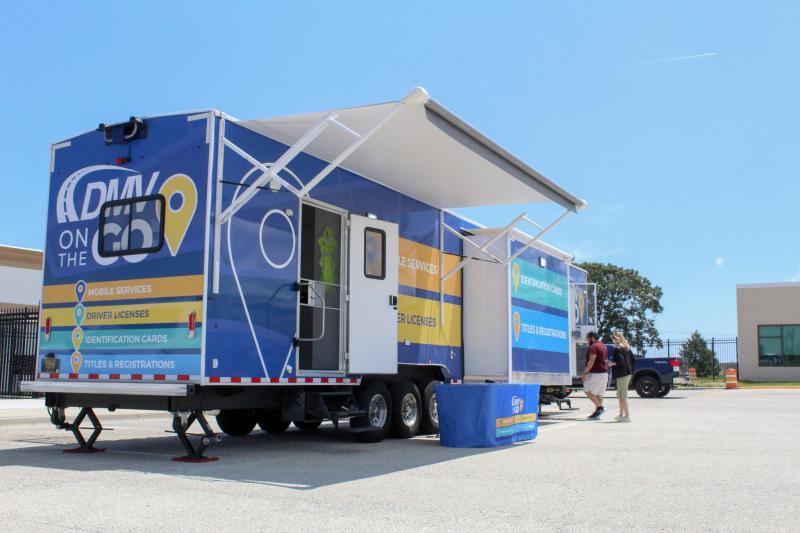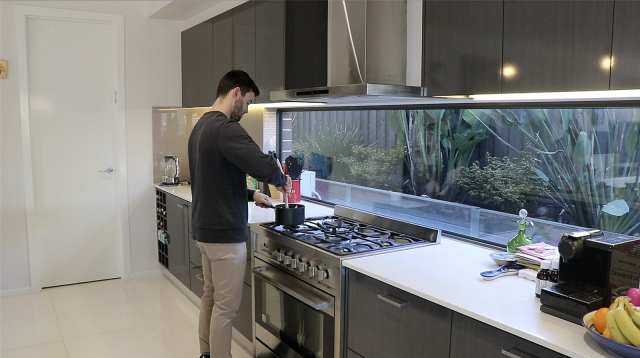8 in 10 kinship carers forced out of work or to reduce hours due to lack of support

Eight in 10 kinship carers (86%) are either forced out of the workforce or to reduce their hours when they take on the care of a child, plunging kinship families into poverty and leading to significant additional costs to the state, according to new research published by leading kinship care charity, Kinship.
In response, Kinship is urging the UK Government to commit to statutory paid leave for kinship carers on a par with adoptive parents, in its National Kinship Care Strategy promised by the end of 2023. The charity is also calling on employers to deliver kinship-friendly employment policies which support employees who are caring for the child of a relative or friend.
The new figures show that kinship carers, such as grandparents, aunts, uncles and older siblings who step up to raise the child of a relative or friend when their parents are unable to care for them, are pushed out of the labour market by a lack of employment support and access to suitable workplace entitlements, such as paid leave or flexible hours. There are more than 162,000 children being raised in kinship care in England and Wales.
Kinship is working with pioneering employers to develop a Kinship Friendly Employers initiative to encourage and support organisations to introduce policies that support, understand and respect their kinship carer employees.
A survey of more than 500 kinship carers in England and Wales found that:
- 86% were either forced out of the workforce (41%) or forced to reduce their hours (45%), when they took on the care of a child
- 68% said their employers did not offer any support to kinship carers, such as paid leave or flexible working hours when they took on the care of a child
- 28% were forced into claiming benefits when they took on the care of a child
- More than one-third saw their incomes slashed by over 50% when they stepped up to care for a child who needed a loving home
Kinship’s report “Forced out: delivering equality for kinship carers in the workplace” also highlights that 16% of kinship carers were told to stop working by their local authority when they took on the care of a child, and 13% were told to reduce their hours, despite most kinship carers receiving little or no financial support to help them with the costs of raising a child.
Kinship carers are overrepresented in the healthcare, social care and education sectors, which means the high ‘dropout rate’ of kinship carers from the workforce is contributing to staffing pressures on the NHS and school system. Nurses, teachers and other critical staff are being pushed out of work and onto benefits when they become kinship carers, leading to significant additional costs for the state.
Kinship carers are also disproportionately women, and the research shows becoming a kinship carer is likely to exacerbate existing challenges women face in the workforce, including lifetime financial losses associated with the gender pay gap and previous time spent outside of the labour market raising their own children.
Kinship’s CEO, Dr Lucy Peake said: “These findings show the sharp contrast between workplace support given to adopters and parents and that which is available to kinship carers.
“Time and time again, kinship carers tell us that they have been pushed out of jobs and plunged into poverty, because they stepped up to care for a child who was in need of a stable home.
“The Government needs to introduce a legal requirement for all kinship carers to have the same access to paid leave and other workplace entitlements as parents and adopters. This would alleviate some of the extreme financial hardship kinship families are facing, helping to keep vulnerable children within loving homes and out of the care system. It would also give these children, who have experienced trauma and loss, time to settle into their new homes.
“We are also encouraging employers to consider the needs of kinship carers alongside others who have parental responsibilities, in their family-friendly policies. We are developing a ‘Kinship Friendly Employers’ initiative to encourage and support organisations across England and Wales to start making these changes and I’m delighted at the positive response we’ve already had from a number of pioneering employers.”
Leading specialist card and gift retailer Cardfactory recently introduced paid leave for kinship carers. Jen Lawrence, Executive Director for People and Transformation at Cardfactory said: “We recently introduced kinship leave to complement and enhance our approach to family-friendly policies, recognising the diverse needs of our colleagues. The introduction of kinship leave for all colleagues across our business is an example of how we are working to ensure our colleague offer is inclusive and enables work life balance for all.”
Kinship carer Julia, 68, from Littlehampton, cares for her three granddaughters, alongside her husband. Julia said: “I really enjoyed my job as a manager for an NHS medical practice and didn’t want to give it up.
“If I’d had the chance to have paid leave and have the time to be with the children when they first arrived, then it would have been better for all of us, and I could have gone back to work. Instead, our income plummeted after that, as I was forced to go on benefits. Our lives would have been much better as we would have had a bigger income.”
Kinship carer Natalie, 33, from Bradford took on the care of her nephew when he was 10 weeks old. Natalie said: “It was an emergency situation when I took care of my nephew. I had been working as a teaching assistant and was looking forward to going back to work in September, as I’d been offered a two-year contract. I explained to the school about my nephew and, although they were very empathetic, they were unable to offer me any paid leave. Social services said I had to manage contact with my nephew and his parent four times a week. Without paid leave, I was forced to quit my job and go on benefits. It was an absolute nightmare. Paid parental leave would have made a massive difference to us all because I could have gone back to work after things had settled down. (…) My nephew and I would have had time to bond and get to know each other without having to worry about money.
“When I had maternity leave with my children, I had the chance to come up for air and relax during that time with them. But with my nephew, I went from being an independent woman in work, to being on benefits and using my savings and having sleepless nights.”
Leading kinship care charity, Kinship, supports more than 10,000 kinship carers in England and Wales each year through free training sessions, one-to-one support, peer support groups, an expert advice line and their online information and support hub. For more information or support, visit kinship.org.uk













